Giving up attractive career opportunities abroad, Associate Professor Dr. Nguyen Thi Anh Huong chose to return to her homeland with the desire to contribute to the development of Vietnam's promising field of Chemistry and to solve problems related to the environment and food.
With a long history of academic achievements and guidance from excellent professors at the University of Basel, Switzerland, Associate Professor, Dr. Nguyen Thi Anh Huong, born in 1976, currently a Senior Lecturer, Deputy Head of the Department of Analytical Chemistry, Faculty of Chemistry, University of Natural Sciences , Vietnam National University, Hanoi, has brought back advanced research methods, notably the success in the research "Analysis of inorganic arsenic forms in groundwater" in 2010.
In addition, she also researches many methods and applications for different fields in Vietnam such as food safety testing, pharmaceuticals...
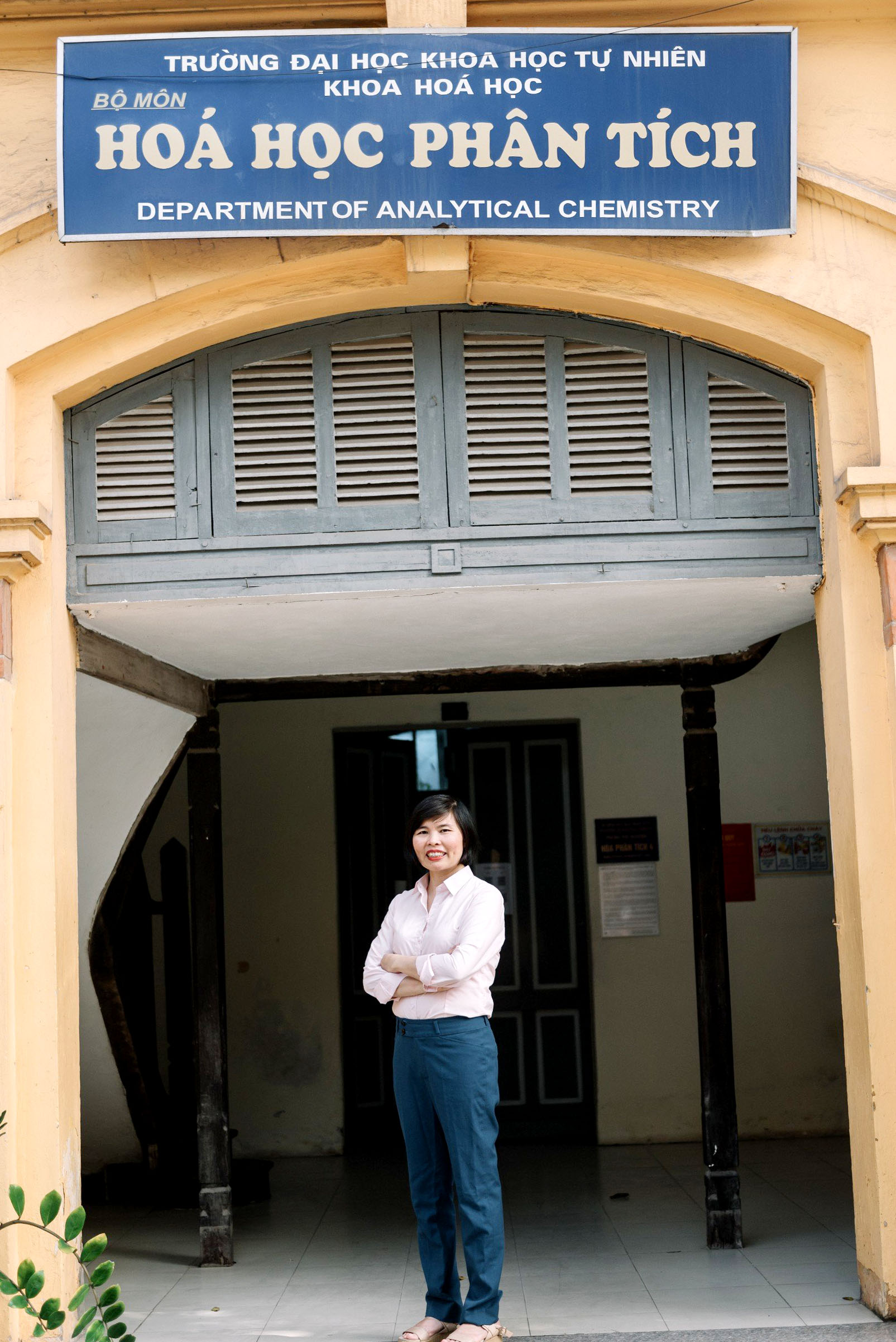
Associate Professor Dr. Nguyen Thi Anh Huong gave up an attractive career opportunity abroad to return home to teach and do research.
Journey of effort in a foreign land
- Associate Professor, please share about your study and research process abroad and your experiences in the field of chemistry?
Associate Professor, Dr. Nguyen Thi Anh Huong: Living and studying abroad is a challenge for anyone. At first, I was confused but fortunately, I had the help of friends and colleagues. While studying in Basel, I was enthusiastically instructed by Professor, Dr. Peter Christian Hauser. I had to use a new method with a difficult but interesting topic "Analysis of inorganic arsenic in groundwater", which was a matter of concern in Vietnam at that time. So I chose this topic with the hope of being able to contribute a small part to reducing arsenic pollution and the environment in my home country.
Learning a new method has many obstacles but is also very interesting, thanks to the help of the teacher, I have successfully transferred this method to Vietnam. Up to now, I am still conducting research directions using this method to solve many existing problems in Vietnam such as: Environmental pollution, food safety, pharmaceutical quality, ...
Women in science face many prejudices.
- What motivated you to return to Vietnam to teach and research?
Associate Professor, Dr. Nguyen Thi Anh Huong: This is quite an interesting question! During my time studying at the University of Basel, several large pharmaceutical companies in the world continuously sent job offers to the School with very attractive salaries. My research group also had a Spanish friend who moved to work for Novatis and took on the position of research team leader.
Faced with the choice of staying and working or returning to Vietnam, I almost did not hesitate to choose to return. First of all, I wanted to be near my family. At the same time, the motivation that urged me to return was to contribute a small part to research and solve problems in Vietnam as I mentioned above.
In an interview with the University of Basel Journal, I also affirmed my desire to "etwas für Vietnam tun" (to do something for Vietnam).
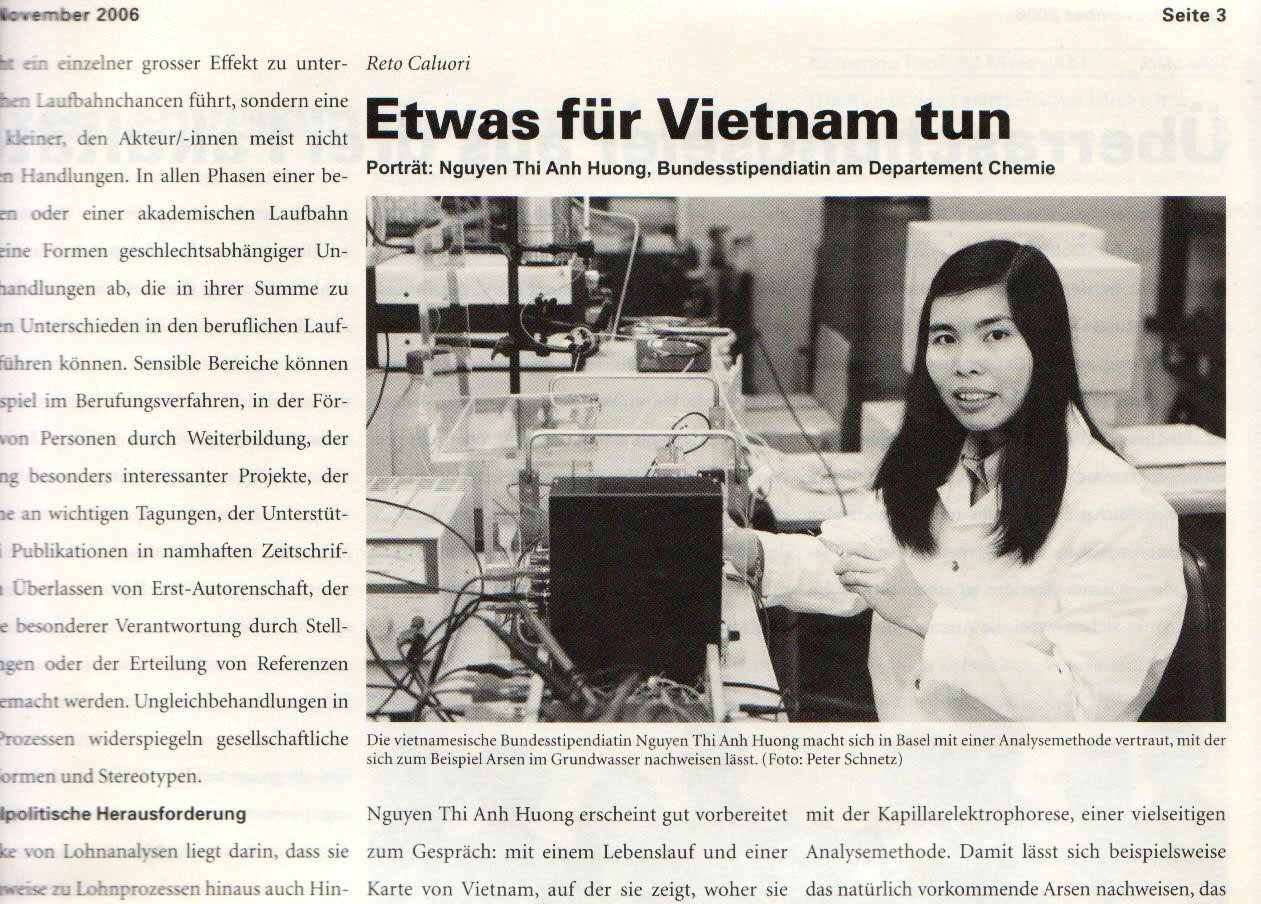
Associate Professor, Dr. Nguyen Thi Anh Huong was interviewed by the University of Basel Magazine, Switzerland.
- So when you returned home, did you encounter any difficulties in the work process at first?
Associate Professor, Dr. Nguyen Thi Anh Huong: The first challenges when I first started my research and teaching career were the limited conditions in Vietnam. For example, regarding the library of published documents, up to now, most Vietnamese scientists have to manage their own access to international publications, while I had free access to all international data when I studied at the University of Basel in the years 2005-2007.
In addition, limitations in facilities, equipment, funding, etc., in teaching and research are also issues that I and many other scientists and lecturers have to overcome.
Not to mention that for women working in science, the difficulties are much greater as they have to face many prejudices (laughs).
Having overcome these difficulties, I can say that I am very happy and proud that many of my students, after graduating, are holding high-level technical positions. Many of them have chosen to study abroad to develop their careers. Many of them are pursuing teaching careers and have become my colleagues…
In recent years, I have also helped many students secure prestigious scholarships in Europe, Canada, South Korea, Japan, and Taiwan (China).
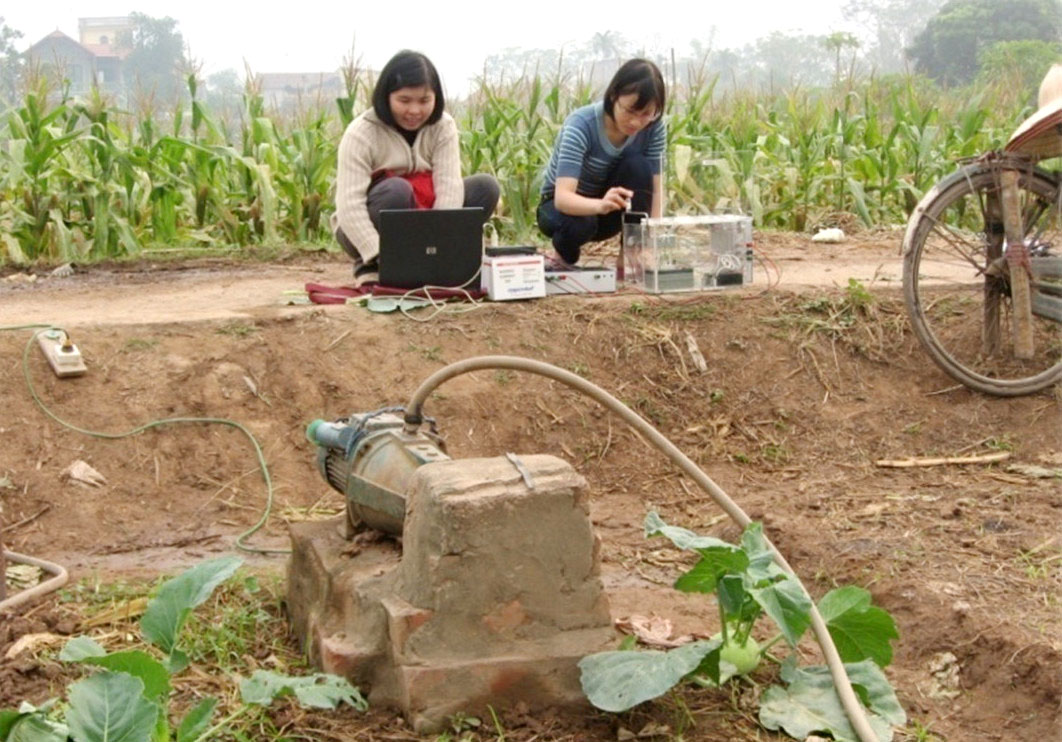
Associate Professor Dr. Anh Huong (left cover) conducts field research
Salary is an important factor but not the deciding factor…
- Always attached to the young generation in the learning and research process, how do you evaluate the scientific research of young people today?
Associate Professor, Dr. Nguyen Thi Anh Huong: Currently, according to my observations, many students have not yet determined their passion or future goals, leading to a lack of direction during their studies and not focusing on the necessary specialized content later. Meanwhile, when I was studying and researching abroad, I saw that the number of students in the University was not as large as in Vietnam, but all of them had determined their future career orientation, so they were very focused on their specialized studies.
- What are your thoughts on the brain drain issue in Vietnam? What policies does Vietnam need to implement to attract talented individuals in the natural sciences to return to the country to work?
Associate Professor, Dr. Nguyen Thi Anh Huong: Regarding the brain drain problem, not only Vietnam, but many developing countries are facing it. In my opinion, the factors that can be considered to attract talents in the natural sciences to return to work in the country are salary, scientific research conditions (policies, facilities, equipment, etc.).
Salary is an important factor but not a prerequisite. Favorable conditions for conducting scientific research are the decisive factors in attracting scientists to work in the country. Many countries have very good policies on this issue that can be referred to such as Japan, Korea, Thailand, Singapore, etc.
- Sincerely thank Associate Professor, Dr. for sharing!
Source: https://phunuvietnam.vn/nu-pho-giao-su-ve-nuoc-voi-ky-vong-cai-thien-moi-truong-nang-cao-chat-luong-song-cua-nguoi-dan-20240616102750739.htm












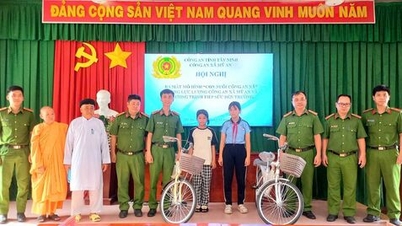

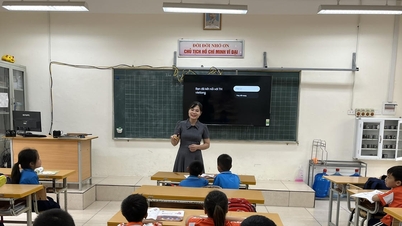






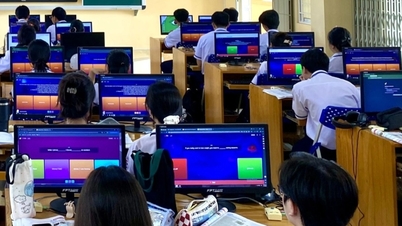



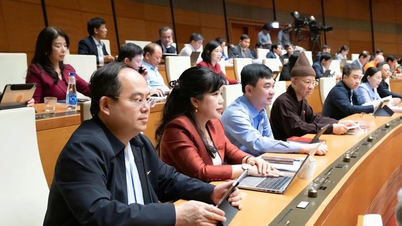

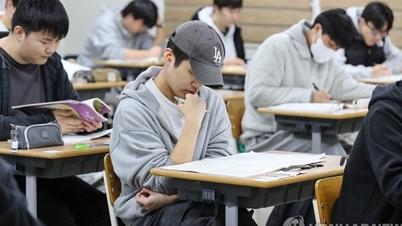

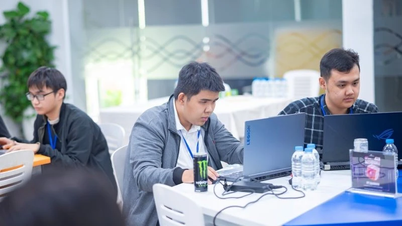








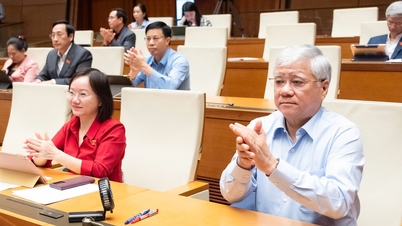
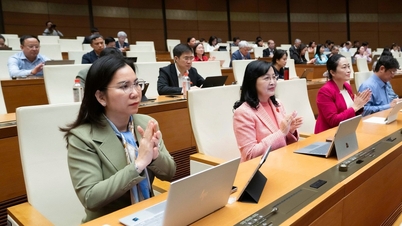






![[Video] The craft of making Dong Ho folk paintings has been inscribed by UNESCO on the List of Crafts in Need of Urgent Safeguarding.](https://vphoto.vietnam.vn/thumb/402x226/vietnam/resource/IMAGE/2025/12/10/1765350246533_tranh-dong-ho-734-jpg.webp)
































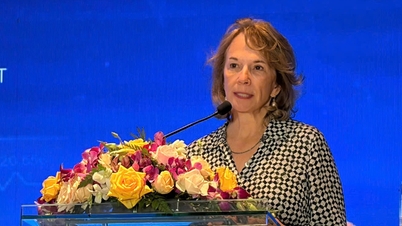


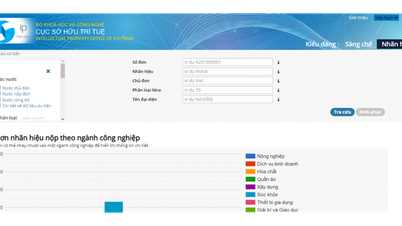

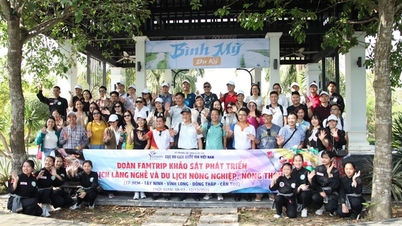

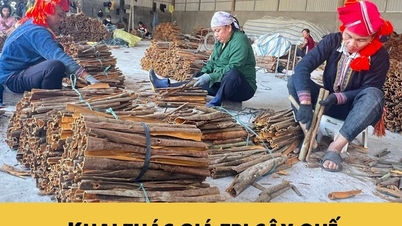
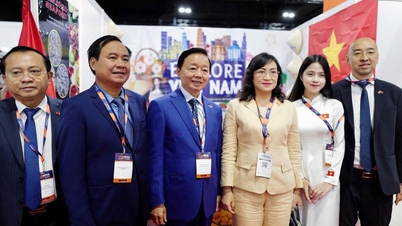

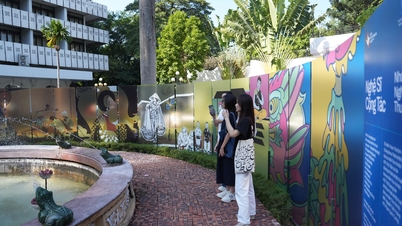

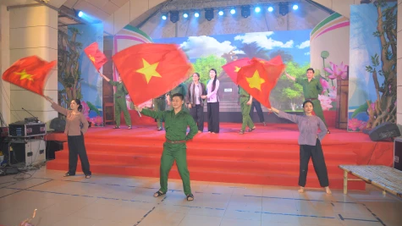

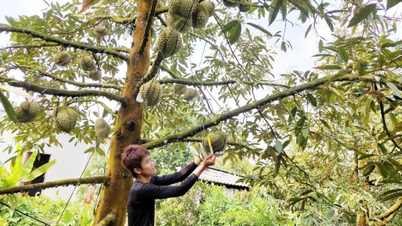
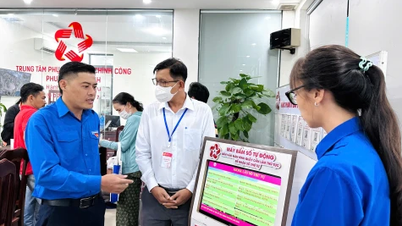
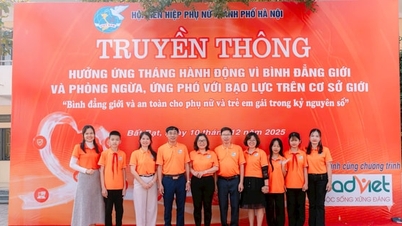

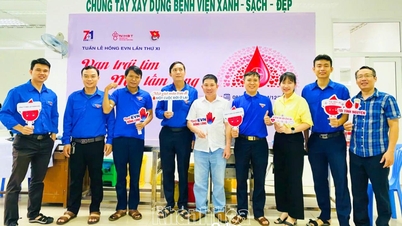













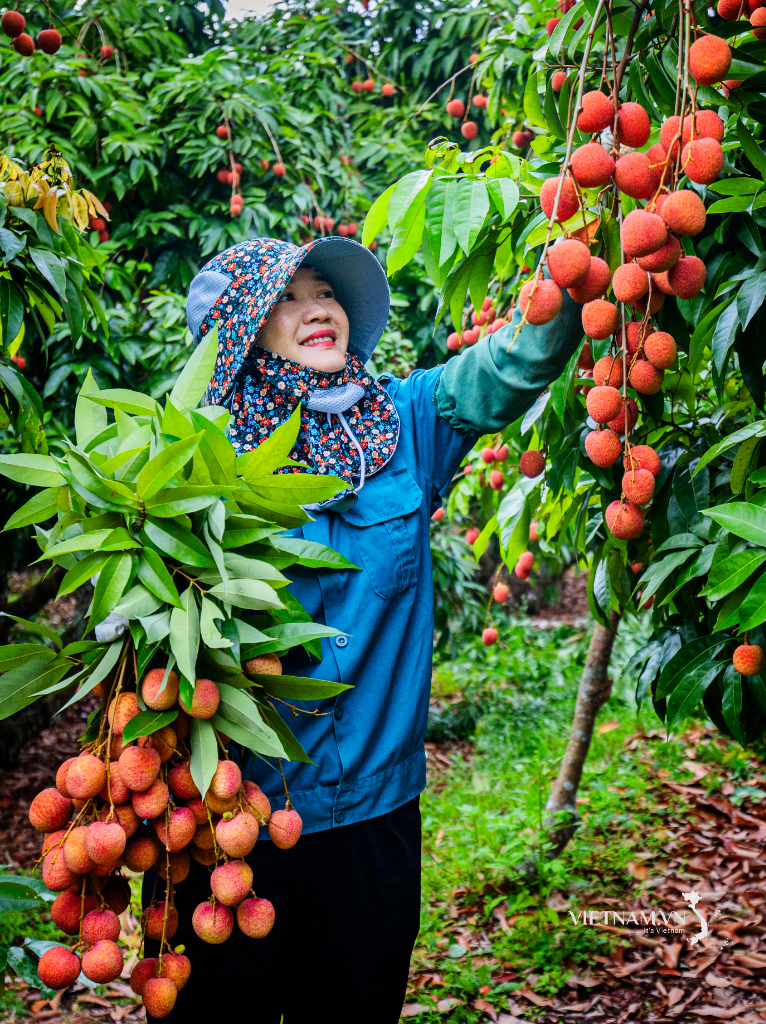




Comment (0)